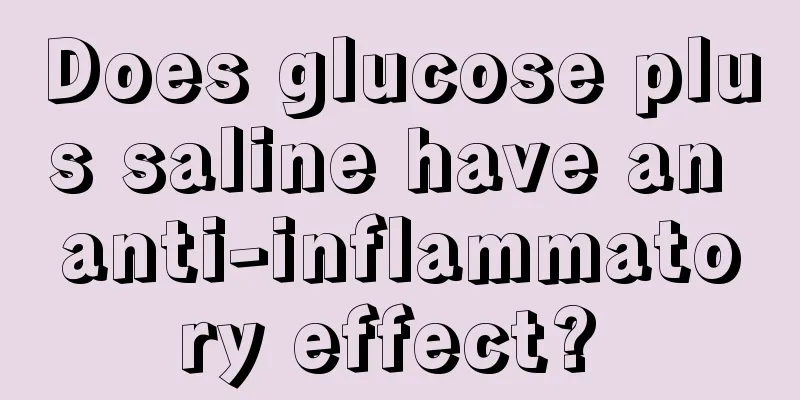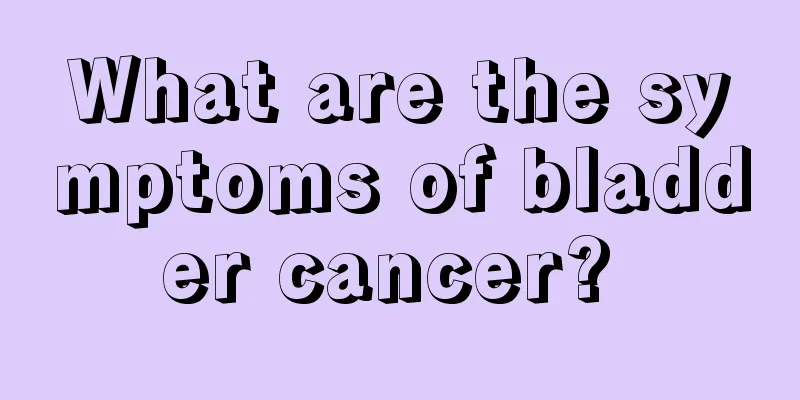Does glucose plus saline have an anti-inflammatory effect?

|
Glucose actually has many applications in life. For some patients, glucose needs to be used according to their own situation. But some friends would ask the editor: Does glucose plus saline have an anti-inflammatory effect? Actually, no. If you want to reduce inflammation, you can actually choose some anti-inflammatory drugs. If you don’t know what to choose, you can actually consult a doctor. Glucose solution has different concentrations for different uses: (1) When patients have reduced or no food intake due to some reasons, they can generally be given 25% glucose injection intravenously and replenish body fluids at the same time. The amount of glucose is calculated based on the required heat energy. (2) Glucose is the most important energy supply substance in total intravenous nutrition therapy. In non-protein heat energy, the ratio of heat provided by glucose and fat is 2:1. The specific amount depends on clinical heat needs. Depending on the amount of fluid replacement required, glucose can be prepared into different concentrations of 25% to 50%. Insulin can be added if necessary, with 1 unit of regular insulin added for every 5 to 10 grams of glucose. Since normal use of hypertonic glucose solution is highly irritating to veins and requires infusion of fat emulsion, large intravenous drip is generally used. (3) For severe hypoglycemia, 20-40 ml of 50% glucose injection can be given as an intravenous push. (4) Starvation ketosis: For severe cases, 5% to 25% glucose injection can be given by intravenous drip. 100g of glucose per day can basically control the condition. (5) Dehydration: For isotonic dehydration, give 5% glucose injection by intravenous drip. (6) For hyperkalemia, use 10% to 25% injection solution, with 1 unit of regular insulin added for every 2 to 4 g of glucose infusion, which can reduce serum potassium concentration. However, this therapy only allows extracellular potassium ions to enter cells, and the total potassium content in the body remains unchanged. If potassium removal measures are not taken, hyperkalemia may still occur again. (7) Rapid intravenous injection of 20 to 50 ml of hypertonic solution for tissue dehydration (generally 50% glucose injection) But the effect is short-lived. In clinical practice, attention should be paid to preventing hyperglycemia and it is currently used less frequently. When used to regulate the osmotic pressure of peritoneal dialysis fluid, 20 ml of 50% glucose injection, i.e. 10 g of glucose, can increase the osmotic pressure of 1 L of peritoneal dialysis fluid by 55 mOsm/kg H2O. Normal saline is a 0.9% sodium chloride aqueous solution. Because its osmotic pressure value is roughly the same as that of normal human plasma and tissue fluid, it can be used for fluid replacement (without reducing or increasing the sodium ion concentration in the normal human body) and other medical purposes. It is also often used for in vitro culture of living tissues and cells. It is the concentration of the liquid environment in which human cells are located. |
<<: Will the swelling of the lymph nodes go down after anti-inflammation?
>>: Why do I need to take an anti-inflammatory drip when my trauma never heals?
Recommend
How to quickly reduce swelling of swollen and painful gums
Teeth are a tool we use to chew food. The food we...
Can a high fever damage your brain?
It is very common for children to have a fever. T...
What is the purpose of checking secretions in late pregnancy?
When a woman is in the late stage of pregnancy, v...
Reasons for chest tightness and shortness of breath after drinking
There are many types of wine, some can be drunk a...
What is the effect of soaking pepper in white wine
We all know that when cooking, we must make the d...
Cancer prevention starts with these things
Cancer does not occur overnight. According to sta...
What are the methods for treating anxiety disorders
Nowadays, people are always busy making money to ...
What are the dangers of long-term vomiting?
Vomiting is a very common phenomenon in daily lif...
Why does my waist hurt when I bend over? Four common reasons
If you find yourself feeling back pain when you b...
Eating barbecue frequently is harmful to your health. Seven ways to eat it can effectively reduce the harm
Barbecue has become an indispensable part of youn...
How to do pathological section of mole?
Moles are a common phenomenon. Many patients suff...
What are the best foods for liver cancer patients? Liver cancer patients can eat three kinds of food
There is no saying that what food is best for liv...
What are the reasons for low serum albumin?
Sometimes when you are sick or have a fever and g...
What is the reason for teeth bleeding when brushing teeth? Four major causes are the most common
Some people always experience bleeding teeth when...
How much does a breast cancer checkup cost
Pathological examination can also be selected for...









